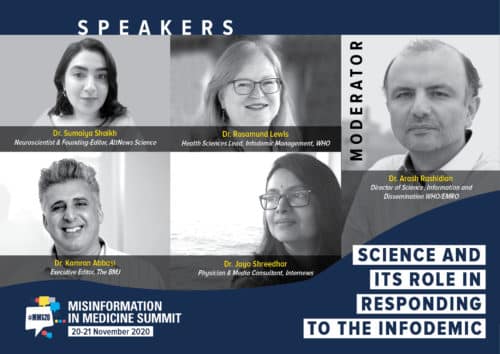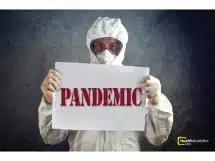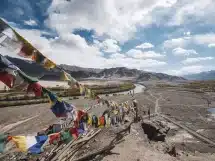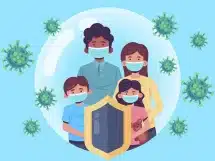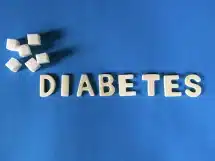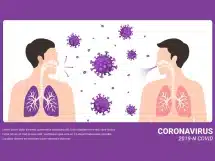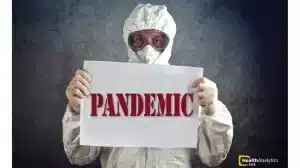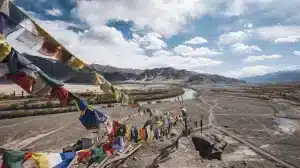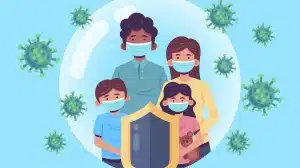Top science communicators and the leading voices of the World Health Organization come together to discuss the role of science
By Nabeela Khan
COVID-19 is a reminder about the importance of science communication. It brought to
The session ‘science and its role in responding to the infodemic’ stressed on many pertinent questions, such as how to address the abundance of information or the misuse of science, its interpretation, its understanding and how scientists must deal with it.
As a moderator, Dr. Arash Rashidian, Director of Science, Information and Dissemination, WHO/EMRO
“There is abundance of informa
There are instances where articles or journals (sometimes
But then how do scientists communicate with journalists so that the timely and correct information goes out? In his response, Phil Rosenthal, Physician and Malaria Specialist, University of California (SF) & Editor-in-
“But there are situations where the information which is straightforward to the scientific community can
The panel also highlighted that sometimes it can really get difficult to communicate with the general public. And, thus, journalists
While a number of journalists and media houses are doing a wonderful job when it comes to science reporting, not many have access to such reports. In her response, Dr. Sumaiya Sheikh, Neuroscientist & Founding-Editor, AltNews
It’s when the loudest voices on the internet end up endorsing bad science, it starts harming lives. Therefore, there is a gold standard to be followed and ethical standards when it comes to research. So, it is essential that people should rely on scientists and credible sources only. At the same time, it is important that scientists should come out of the bubble and start talking to people in the simplest ways which is easier to understand. There is a need to allow transparent exchange of information at this time.
“There is a huge porosity between science, medi
Given the current information age we are in, scientists have to address how to allow democratic exchange of information. The COVID-19 epidemic is presenting the com
In a nutshell, the panelists agreed



